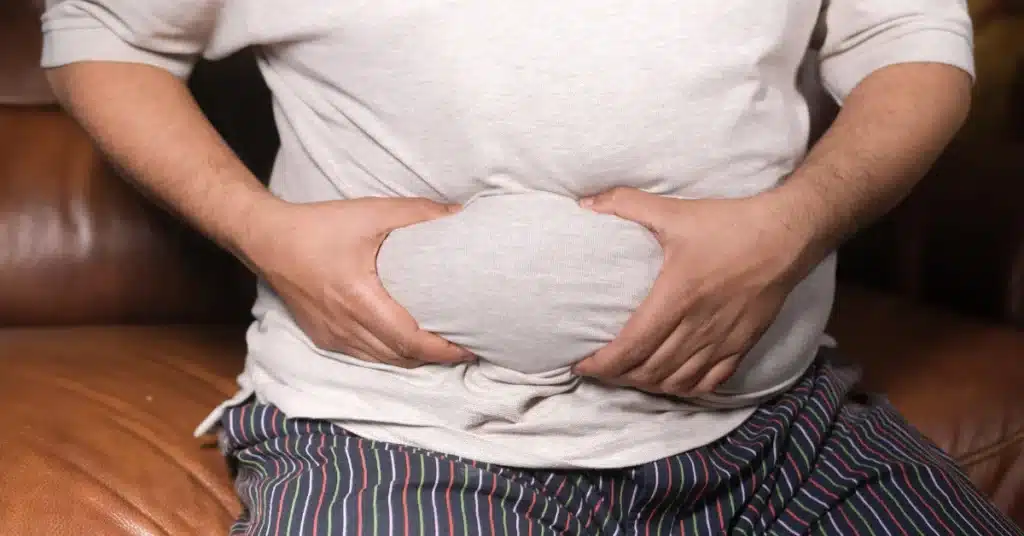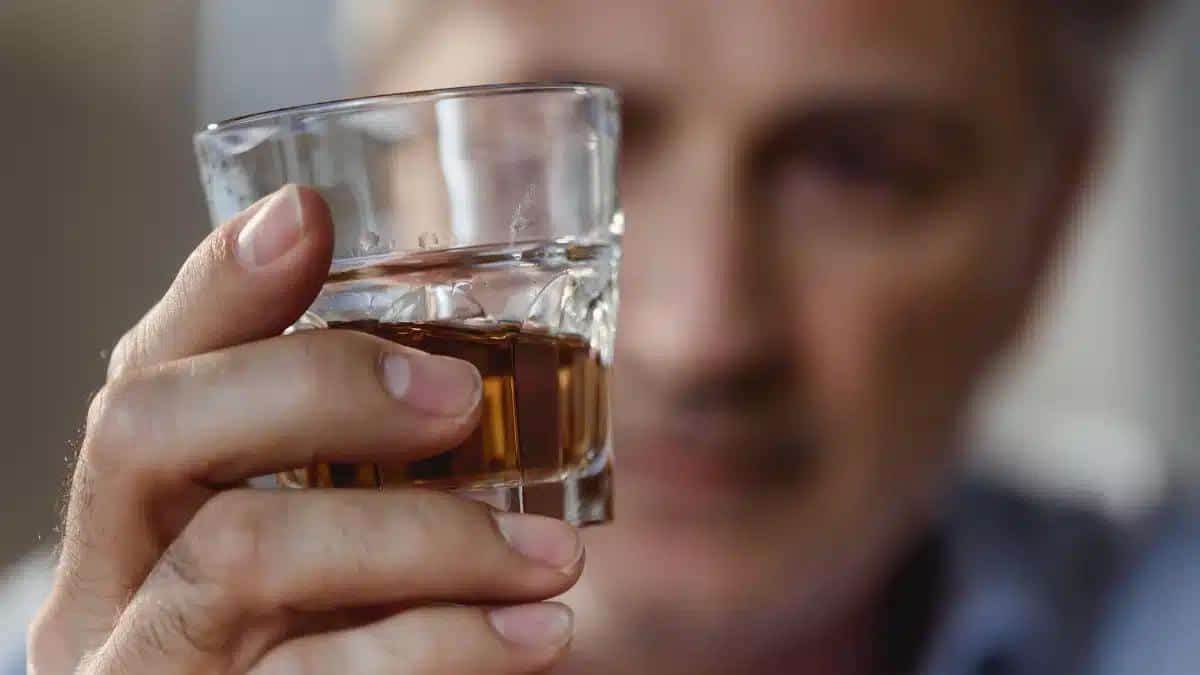Alcohol intake and testosterone levels are closely related to each other.
Many individuals know that drinking alcohol excessively may have several adverse effects on general health.
But do you know what it can do to their testosterone levels?
Testosterone plays an important role in the development of male sexual characteristics.
Even if your testosterone levels are generally normal, alcohol can severely impact the amount of testosterone your body produces naturally.
This article dives deeper into the relationship between alcohol and testosterone.
Connection between alcohol and testosterone
Testosterone is the primary male sex hormone.
It is required for bone and muscle mass growth, hair growth, and sex drive or libido in men.
Low testosterone levels are found to be linked to Depression, decreased bone and muscle density, and low libido.
In males, the body generates enough testosterone on its own to maintain good health.
However, certain physical and psychological factors, including alcohol, can interfere with this process.
This, in turn, results in abnormal levels of testosterone.
Severe and prolonged alcohol consumption usually leads to lower testosterone levels in men and women.
Thus, controlling overall well-being requires understanding the interaction between alcohol and testosterone.
Recommended read: Are you suffering from trouble getting erections due to low testosterone levels? Read our article- Can Low Testosterone Cause ED?
How does alcohol affect testosterone
 Source: Daria_Kulkova_from_Getty_Images
Source: Daria_Kulkova_from_Getty_Images Your testosterone levels may be impacted by frequent alcohol consumption.
Additionally, prolonged alcohol abuse might reduce sperm production.
Alcohol affects your body’s testes, anterior pituitary gland, and hypothalamus.
These three reproductive organs are involved in the production of testosterone.
The hypothalamus and pituitary gland are the two separate regions of the brain.
These two work together to transfer specific hormones to the testicles, which stimulate the release of testosterone.
The hypothalamus (a part of the brain that regulates hormones) releases the Gonadotropin-releasing hormone (GnRH).
GnRH stimulates the anterior pituitary gland to produce Luteinizing hormone (LH) and Follicle-stimulating hormone (FSH).
These two hormones instruct the testes to produce testosterone and sperm.
Chronic alcohol use changes how the brain’s hormones work.
This, in turn, interferes with testosterone synthesis, eventually lowering testosterone levels.
Additionally, consuming too much alcohol frequently might affect the hypothalamus’ ability to produce hormones.
When the body breaks down alcohol, the oxygen molecules are produced.
This may lead to cell damage of the testes, where testosterone is made, inhibiting its production.
The chemical ethanol is created when the body breaks down alcohol, and it may damage an enzyme
necessary for the production of testosterone.
A journal published by NIH mentions that males who drink excessively had lower testosterone levels than those who didn’t drink alcohol.
Recommended read: Worried about low testosterone symptoms? Try testosterone pills to boost your testosterone levels. Read our article- Exploring Testosterone Pills For Men
Short-term effects of alcohol on testosterone
Your reproductive system may begin experiencing side effects as early as you start drinking.
In one study, testosterone levels in healthy male volunteers fell in 72 hours after consuming a large amount of alcohol.
According to the study’s findings, the subjects’ testosterone levels swiftly reverted to normal once they quit drinking.
Long-term effects of alcohol on testosterone
 Source: tongwoongboot
Source: tongwoongbootThe effects of alcohol abuse get worse over time.
Prolonged heavy drinking can impair testicular and brain function, diminish testosterone levels, and affect sperm counts.
Additionally, excessive alcohol use can build belly fat and raise cortisol levels.
It also affects the body’s hormones and other enzymes, which can lower testosterone levels.
Heavy drinking has been associated with increased waist size and fat mass, particularly belly fat.
Low testosterone levels are directly linked to extra body fat.
The communication networks in the brain are impacted by excessive drinking, which can alter mood and behavior.
This, in turn, may cause the levels of cortisol (a stress hormone) to increase.
Its high levels may inhibit testosterone production.
Excessive alcohol intake decreases your body’s synthesis of the coenzyme NAD+ (Nicotinamide Adenine Dinucleotide).
Every cell in your body has NAD+, which is essential for the synthesis of testosterone.
Hence, alcoholism can result in reduced testosterone metabolism and production.
Conclusion
Heavy alcohol consumption can greatly affect your overall health.
Besides this, excessive drinking can impact your testosterone levels as well.
A close relationship between alcohol and testosterone has been established.
Alcohol intake can disrupt the normal functioning of the testicles, which impairs the production of testosterone and, hence, your fertility.
Short-term and long-term effects of alcohol can reduce the level of testosterone.
Decreased testosterone levels can affect your sexual health and relationships.
However, avoiding alcohol abuse may help in restoring some damage caused by severe drinking.
Frequently Asked Questions
Why does alcohol lower testosterone?
Your body breaks down the ethanol present in alcohol.
Due to ethanol metabolism, NAD+, a coenzyme necessary for the generation of testosterone in the liver and testes, gets depleted, lowering testosterone.
Does alcohol turn testosterone into estrogen?
Yes. Drinking alcohol may lead to the conversion of testosterone into estrogen through a process known as aromatization.
Does drinking alcohol affect testosterone?
Yes. Alcohol intake can reduce the levels of testosterone in the blood.
Which alcohol boosts testosterone?
Red wine is known to boost testosterone levels in the blood.
How much alcohol decreases testosterone?
Drinking too much alcohol might drop your testosterone levels and affect your fertility. Usually, more than 15 drinks per week is regarded as heavy drinking for males.
When referencing outside resources, GoodrxMedicine always provides full citations. To learn more about the measures we use to maintain the quality of our content, please review our Content Information Policy.










